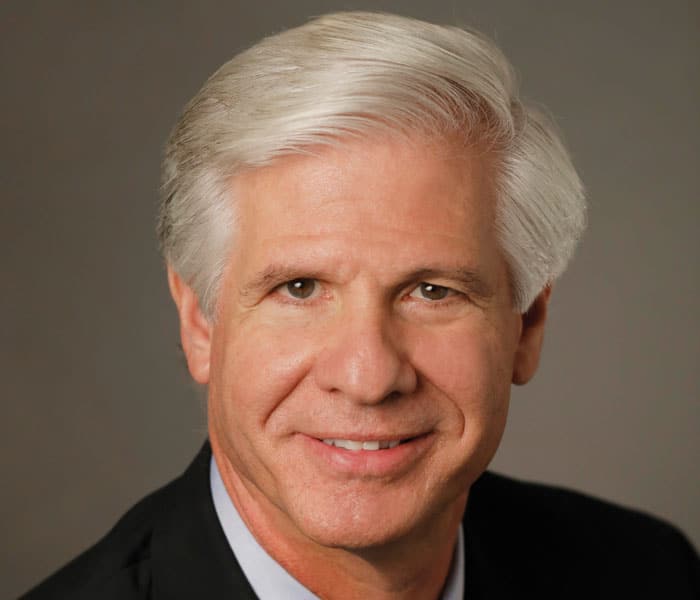
On July 5, the Los Angeles Jewish Home unveiled its new name: Los Angeles Jewish Health. This update aligns with the broad spectrum of care the organization offers to seniors of all backgrounds, whether they are in-residence or part of the community.
“The Los Angeles Jewish Home name served us well for more than 100 years, but it doesn’t describe what we do now as an organization,” Andrew Berman, chair of the group’s board of directors, told the Journal. “We are a healthcare organization for seniors, and although people do reside with us, we offer so many other services beyond what you would expect from just a ‘home.’”
Founded in 1912, the organization is the largest single-source provider of comprehensive senior healthcare services in the L.A. area. Supporting thousands of seniors each year, its offerings include independent housing, adult day care, skilled nursing facilities, short-term rehabilitation, hospice services and more.

“The new name is representative of our mission and Jewish values, and is more consistent with the fact that we offer a diverse array of services and that we support people in the community as well as in-residence,” Dale Surowitz, CEO-president, told the Journal.
Then there’s another factor.
“While many of the people we serve are Jewish, we’re also helping people from other ethnicities, nationalities and walks of life,” Surowitz said. “We want to make sure everyone feels welcome, no matter what their religion.”
Los Angeles Jewish Health’s goal is to serve seniors across the board, especially since no other facilities are doing it to the same extent.
“I’ve been a CEO for 30 years, running acute care hospitals, and I have seen how seniors get lost,” Surowitz said. “Hospitals do a wonderful job generally of treating people in an acute event setting.”
When seniors are discharged, sometimes they fall through the cracks. They then end up back in the hospital. Los Angeles Jewish Health strives to keep seniors healthy and out of the hospital.
When seniors are discharged, sometimes they fall through the cracks. They then end up back in the hospital. Los Angeles Jewish Health strives to keep seniors healthy and out of the hospital.
“I think [Los Angeles Jewish Health] is in a wonderful position to break that cycle of recidivism and improve the health of people in our community,” Surowitz said.
The place was established in East Los Angeles in 1912 to assist Jewish men seeking shelter. It has evolved and grown into a leading senior health system, supporting a rapidly growing elder population. There are four campuses (Eisenberg Village, Grancell Village, Fountainview at Eisenberg Village and Fountainview at Gonda Westside). Their programs include PACE (A Program of All-inclusive Care for the Elderly), hospice, palliative medicine, community clinics, short-term rehabilitation and acute psychiatric care.
“We have another PACE program opening in November on Roxbury and Pico, so that will serve about 400 to 500 seniors in those communities,” Surowitz said. “We’re going to be adding a couple more PACE programs, probably one in the South Bay and another one in the Valley.”
New resources, such as pet therapy, music therapy and more intergenerational programming, are also being developed.
“Our goal is to continue to expand those services to meet the needs of the older seniors,” Surowitz said. “The average age of the person we care for in skilled nursing, as an example, is 91.”
According to the Population Reference Bureau in Washington, D.C., by 2030, one in five Americans are projected to be older individuals. Furthermore, seniors 85 and older are the fastest growing segment of this population and are expected to increase fivefold over the next 30 years, from 4 million in 2000 to 21 million in 2050.
“The people we care for tend to be older, and they deserve to have the quality of their life enhanced in their twilight years,” Surowitz said. “And I think we have an opportunity to do that.”






















 More news and opinions than at a Shabbat dinner, right in your inbox.
More news and opinions than at a Shabbat dinner, right in your inbox.